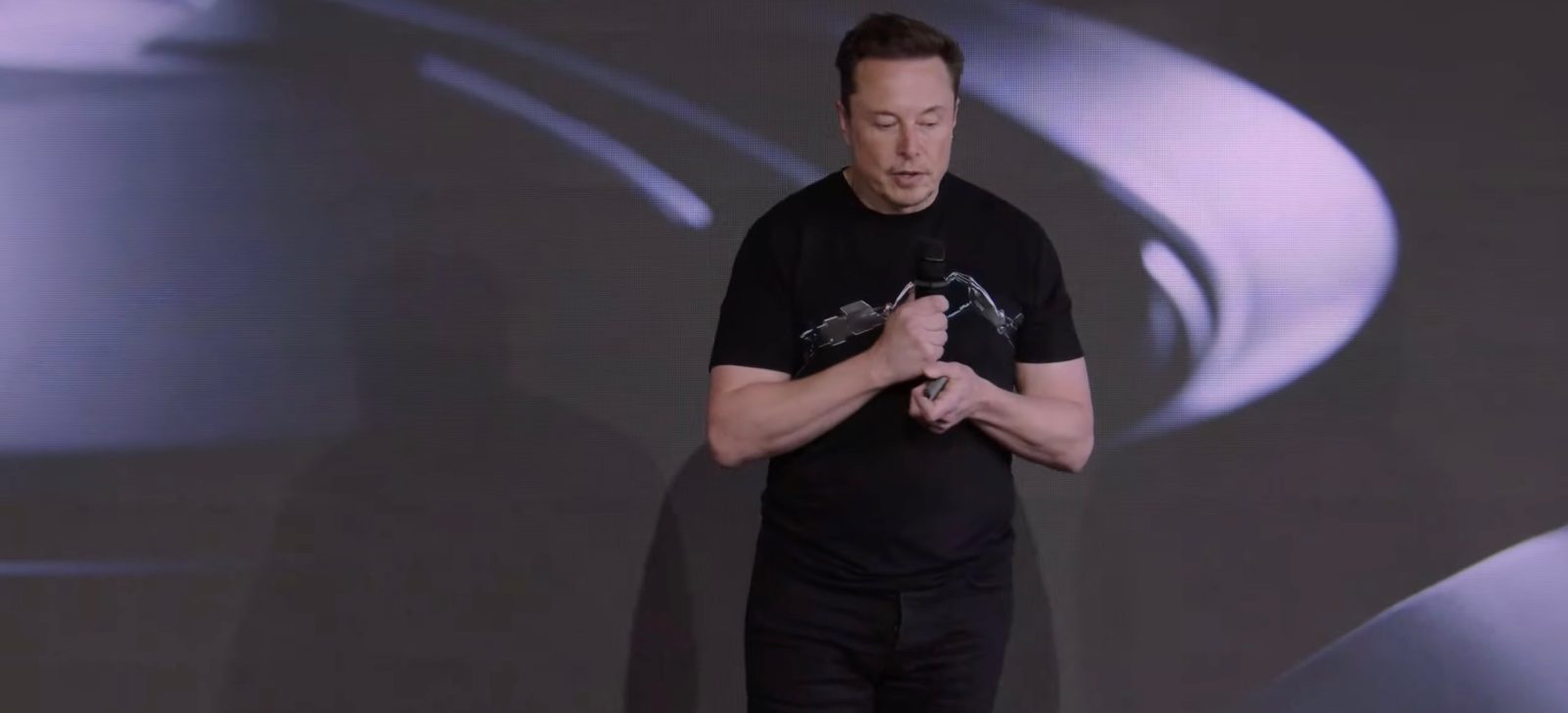
A Delaware judge has sided with Tesla shareholders who filed a lawsuit claiming that Elon Musk unjustly secured a $55 billion CEO compensation plan. The plan is now voided by the court.
It’s unclear what will come out of this unique situation where Musk could potentially have to give back billions of dollars worth of Tesla shares.
In 2018, Tesla shareholders voted for Elon Musk to get a historic new CEO compensation package that could be worth $55 billion for the executive if Tesla achieved remarkable growth in valuation and profits, which it did.
However, some shareholders argued that Musk unfairly secured this extremely generous compensation plan through misleading shareholders about the fact that the plan was being put together by an independent board.
They filed a complaint in court in Delaware. The case went to trial in 2022, but it took a long time for the judge to give her decision.
The case came back into the news lately as Musk discussed another potentially historical CEO compensation plan at Tesla as he seeks to get 25% voting control over the company. His stake in Tesla is currently down to about 13% (~18% if he ends up being able exercise some stock options left from his compensation plan) after he sold tens of billions worth of Tesla stocks to buy Twitter.
Musk said that Tesla was waiting on the judge’s decision before moving ahead with the new compensation plan
The decision finally came today. Delaware Chancery Court Chief Judge Kathaleen St. J. McCormick sided with the shareholders who filed the complaint:
This posttrial decision enters judgment for the plaintiff, finding that the compensation plan is subject to review under the entire fairness standard, the defendants bore the burden of proving that the compensation plan was fair, and they failed to meet their burden.
Musk briefly commented on the judgment on X:
In short, the judge found that “Musk controlled Tesla” at the time the compensation package was put together:
The collection of features characterizing Musk’s relationship with Tesla and its directors gave him enormous influence over Tesla. In addition to his 21.9% equity stake, Musk was the paradigmatic “Superstar CEO,” who held some of the most influential corporate positions (CEO, Chair, and founder), enjoyed thick ties with the directors tasked with negotiating on behalf of Tesla, and dominated the process that led to board approval of his compensation plan. At least as to this transaction, Musk controlled Tesla.
An interesting caveat to the decision is that Musk’s lawyers had the option to shift the burden of proof that the compensation package was unfair to the plaintiff, but only if the package approved by “fully informed vote of the majority of the minority stockholders.”
Of course, Tesla shareholders voted for the plan, but the judge found that “the defendants were unable to prove that the stockholder vote was fully informed because the proxy statement inaccurately described key directors as independent and misleadingly omitted details about the process.”
Therefore, an important part of this case relied on the judge agreeing with the plaintiff that the board members behind the package were not “independent”.
Here the judge describes how it wasn’t even clear who was negotiating on Musk’s behalf versus Tesla’s behalf:
The process leading to the approval of Musk’s compensation plan was deeply flawed. Musk had extensive ties with the persons tasked with negotiating on Tesla’s behalf. He had a 15-year relationship with the compensation committee chair, Ira Ehrenpreis. The other compensation committee member placed on the working group, Antonio Gracias, had business relationships with Musk dating back over 20 years, as well as the sort of personal relationship that had him vacationing with Musk’s family on a regular basis. The working group included management members who were beholden to Musk, such as General Counsel Todd Maron who was Musk’s former divorce attorney and whose admiration for Musk moved him to tears during his deposition. In fact, Maron was a primary gobetween Musk and the committee, and it is unclear on whose side Maron viewed himself. Yet many of the documents cited by the defendants as proof of a fair process were drafted by Maron.
After hearing from both sides, the judge found that there was “no meaningful negotiation over any of the terms of the plan.”
The story is still developing. I will update with more details as I continue going through the lengthy decision, which you can read below.
